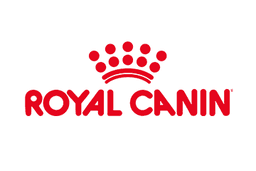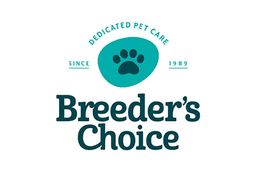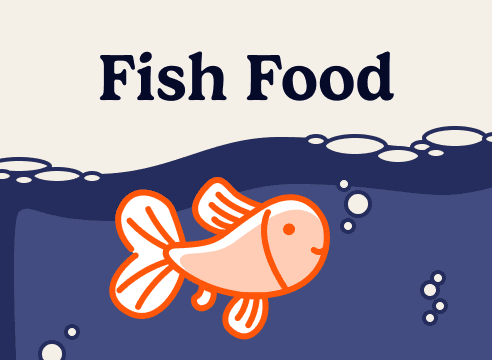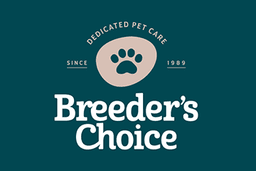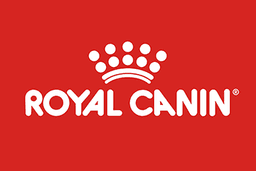Caring for your guinea pig (or two) isn’t too difficult, as long as you start preparing before you bring them home. Guinea pigs are one of the cutest small animals around. They’re inexpensive to feed and they are particularly good with children – all of which makes them a wonderful addition to the family!
Preparing your home
Before bringing your guinea pig home, you may need to make a few changes to ensure they are safe and comfortable.
Guinea pigs love to chew – pretty much anything. And that means electrical cables and poisonous plants are a concern.
Make sure your garden is free from plants such as azaleas, ficus species and oleander. Keep electrical cables, insect pellets, cockroach baits and other possible hazards cordoned off.
Preparing their home
Like every animal, guinea pigs need a space to call their own. The best option for predator protection and to prevent escapes is a hutch, which should be raised off the ground. It will need two sections, one shaded for comfort.
It should be lined with hay or soft straw, particularly if there’s a wire base. You'll also need to add a litter tray. Many people leave guinea pigs outside, but it’s perfectly fine to have them inside in a suitable spot such as on a stair landing or in a spacious laundry.
Give the new arrival time to adjust
When you do bring your guinea pig home for the first time, remember they may need a couple of days to fully adjust. Don’t rush to pick them up as they may be frightened. Always let your guinea pig get used to the home space, and the family members, before attempting that first cuddle.
Caring for your guinea pig’s health
With a little preparation, guinea pigs are easy to keep in good health. Here's what to consider:
Food and nutrition
Guinea pigs are herbivores. They need a constant supply of fresh water, hay and vegetables – particularly as they can’t produce their own Vitamin C. Feed pasture, wheaten or oaten hay rather than lucerne, which can be harmful for guinea pigs.
Aim for a mixed diet of 80% hay and 20% vegetables, which you can supplement with vitamins in their water. Try cucumber, brussel sprouts, broccoli, capsicum, parsley, dandelion greens and a little fresh grass. For a treat, they’ll likely enjoy apples, oranges, bananas, raspberries and strawberries.
There are some foods you must not feed your guinea pig. These include nuts and grains, muesli, spinach, celery, rhubarb, avocado, raw beans, coffee, beetroot and sugary foods like chocolate.
Teeth, worming and nails
Guinea pigs don’t just chew to annoy you. Their teeth are constantly growing, so the chewing is essential to keep their teeth in good shape and avoid dental issues. It’s a good idea to keep a few gnawing toys about.
It’s recommended that guinea pigs are de-sexed. All guinea pigs need a three-monthly worming treatment and a regular check for mites and lice, which can be picked up from new straw and hay. Their fast-growing nails should be clipped regularly. Remember too that guinea pigs like to explore and need daily exercise, so give them a safe, fenced space to roam.
Heatstroke
One very important thing to know is that guinea pigs are very heat-sensitive, and they can die from heat stroke. Never keep them outside on very hot days. They need lots of shade and water and ideally should be indoors in front of a fan when the temperature soars. Frozen fruit and water bottles may also help provide relief.
Socialisation
Finally, the RSPCA recommends that at least two guinea pigs be kept together. They’re social creatures and really need companionship. so why not take home a few new furry friends!
Check out the range of guinea pig products.




